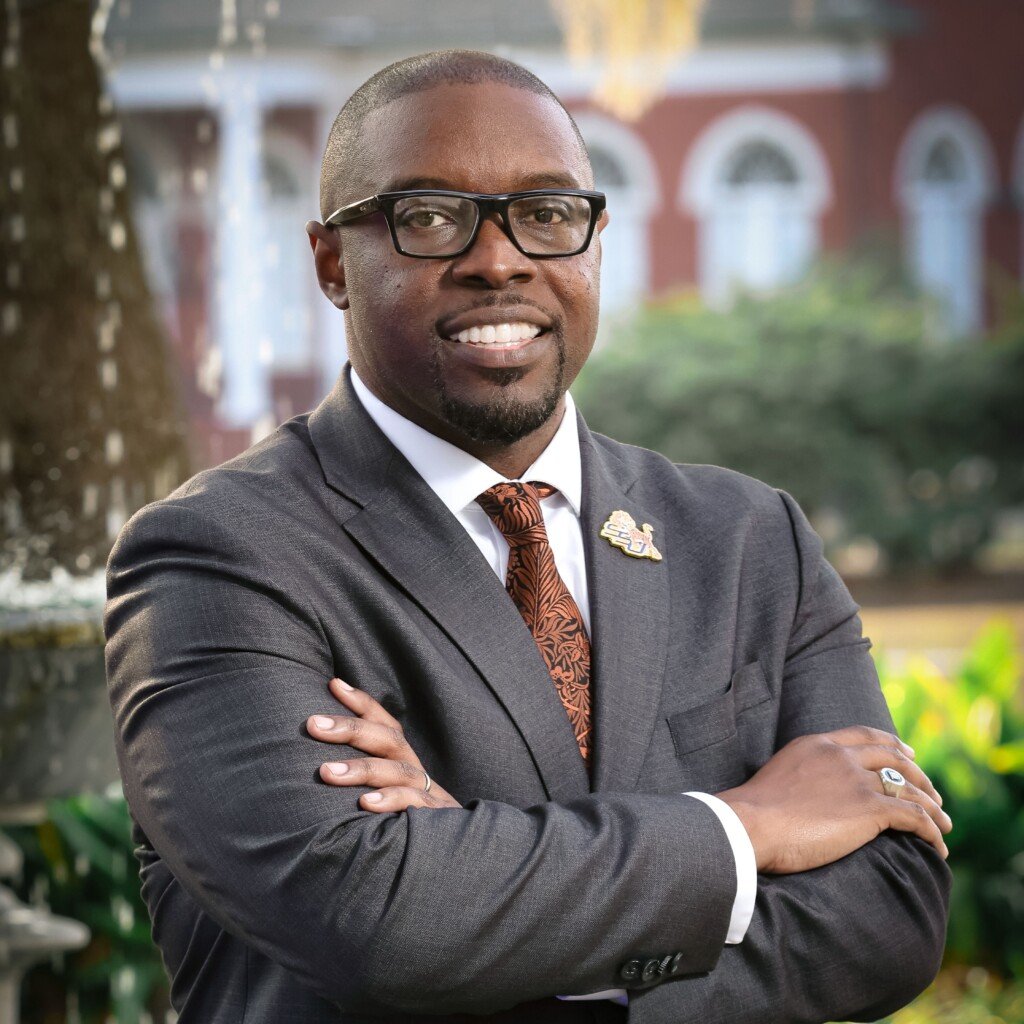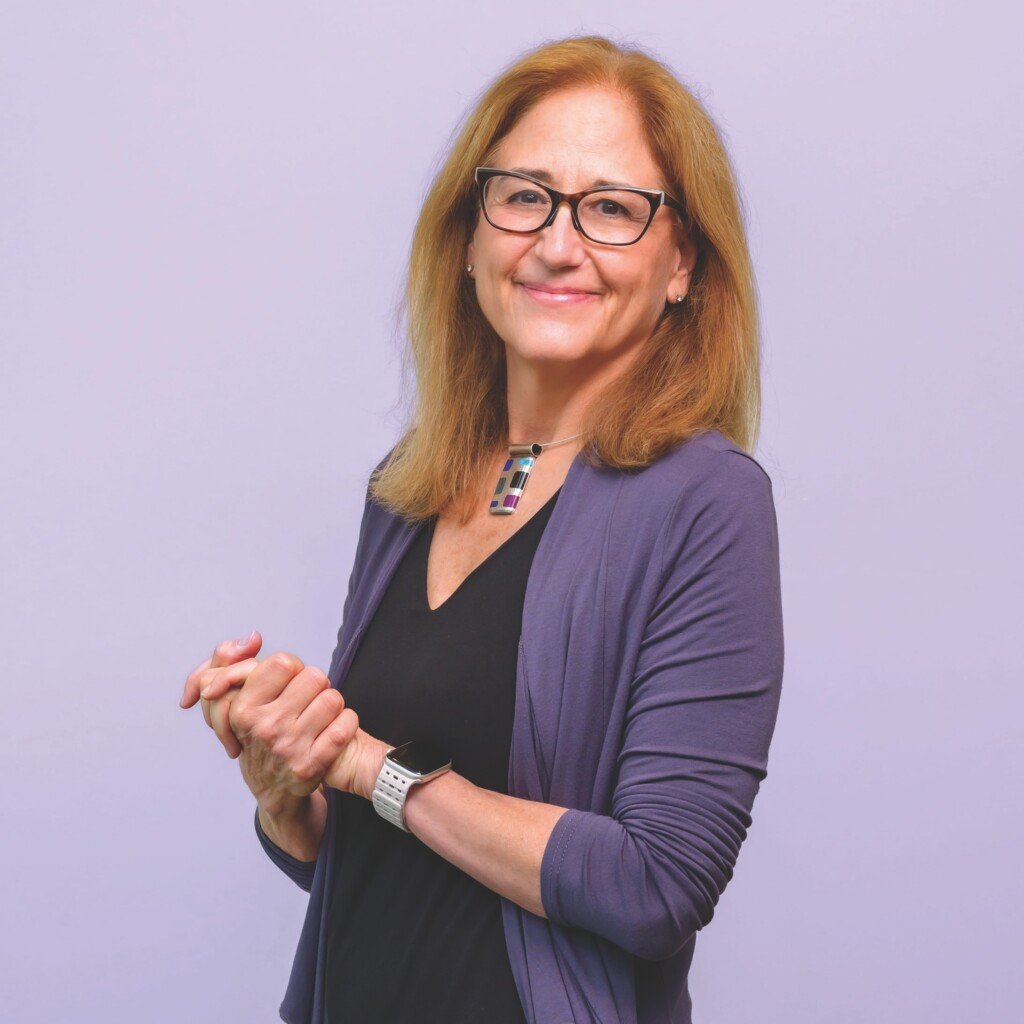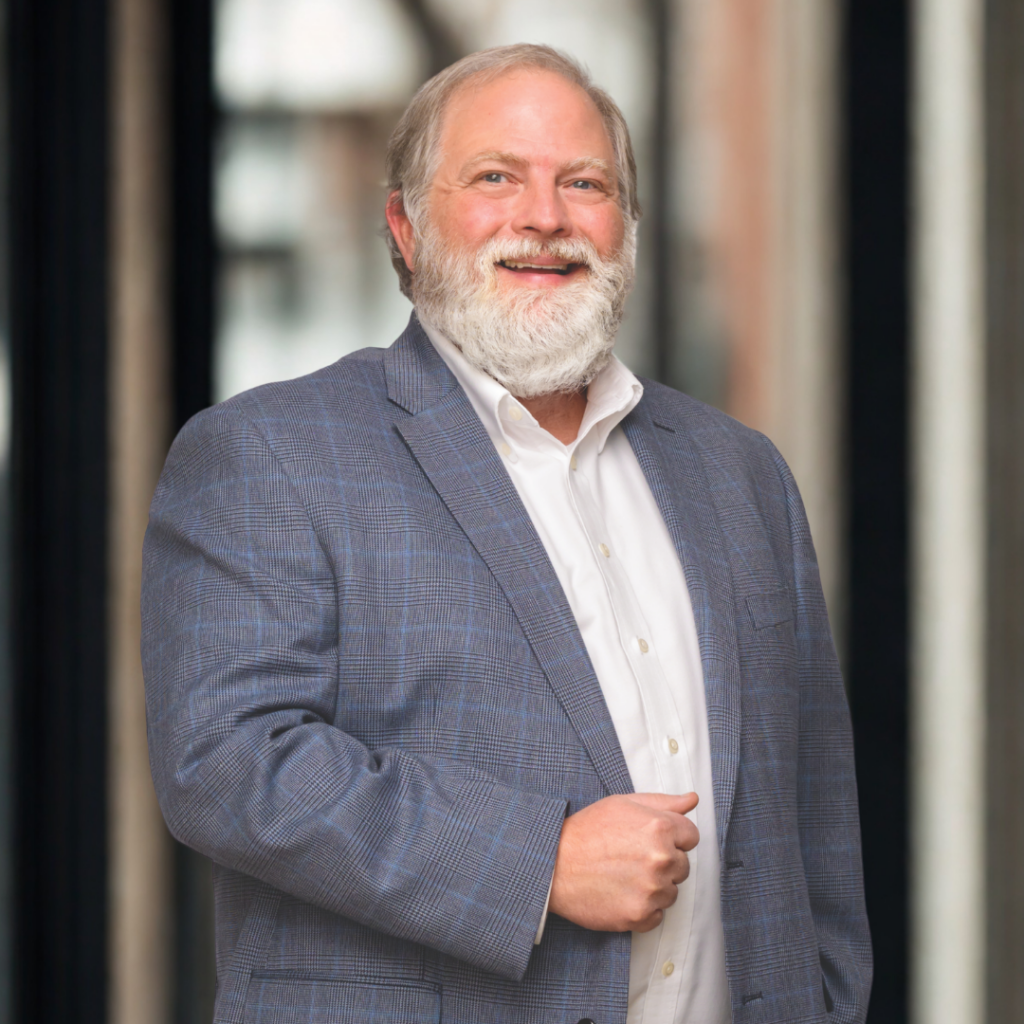Catching up with… Jonathan Watkins
President, City of Hope Atlanta
Jonathan Watkins leads City of Hope Atlanta, part of a national cancer research and treatment network with centers around the U.S. City of Hope Atlanta opened in Newnan in 2022, when the organization acquired the former Cancer Treatment Centers of America operation. These are edited highlights from an interview.
City of Hope is one of the largest cancer research treatment organizations in the United States. We’ve been around for over 100 years, since they began helping treat patients with tuberculosis in 1913. Throughout our history, we’ve been able to successfully pioneer a number of breakthrough drugs. Today, we’re one of the leading research centers for cancer and other life-threatening illnesses. Our facility here in Newnan [has] 50 inpatient beds and close to 500,000 square feet. We see and treat thousands of patients each year.
We are a five-star CMS [Centers for Medicare and Medicaid Services] rated facility for quality outcomes and [four-star rated for] patient experience. Patient experience is the one that I’m proudest of, because it’s an evaluation that’s given to us by our patients [after] discharge. The fact that we’re able to connect with our patients, so that when they are discharged from the facility they give us a four-star rating after battling an illness that no one wants, is something I’m extremely proud of.
How does City of Hope differ from other hospitals or cancer treatment centers?
![]() City of Hope brings … a uniquely integrated model to patients, spanning cancer care, diabetes [care], clinical research and drug development. Our campus in Los Angeles is the hub for the research and innovation that leads to the development of groundbreaking treatments. We export that innovation and expertise across the clinical care network, including to our patients here in Georgia.
City of Hope brings … a uniquely integrated model to patients, spanning cancer care, diabetes [care], clinical research and drug development. Our campus in Los Angeles is the hub for the research and innovation that leads to the development of groundbreaking treatments. We export that innovation and expertise across the clinical care network, including to our patients here in Georgia.
At the heart of our work is a commitment to compassionate and whole person care. We integrate nontraditional approaches to cancer treatment, [such as] naturopathic medicine [and] mind-body experts; we incorporate nutrition.
What kinds of new research and treatments are you using or exploring?
City of Hope is a leader in bone marrow transplantation. This enables us to treat a wide array of blood cancers like leukemia, lymphoma, myeloma. We’re adding an innovative technology called CAR-T therapy, [short for] chimeric antigen receptor T-cell treatment, that uses the patients’ own [immune system] cells to help treat and fight that cancer.
We’ve also established and continue to expand on our theranostics program [a combination approach that allows doctors to image, diagnose and treat cancer at the same time], with top-of-the-line targeted radiopharmaceuticals to treat patients whose metastatic disease is not responding to conventional therapy.
What are some of the challenges to cancer treatment?
Access to high-quality cancer care. The proximity … to an academic health center has historically determined [a person’s] outcome after a diagnosis. We’re working to mitigate that by deploying the groundbreaking work that’s done in our headquarters in Los Angeles to Newnan, Georgia, that is closer to some of the rural areas across the state.
The other challenge is disparities in cancer care. We have made incredible progress in breakthrough cancer treatments over the years, lowering the mortality rate and developing screening guidelines that allow physicians to find cancer while it’s early enough to be cured or managed successfully. Nonetheless, we are seeing concerning disparity in how cancers affect people of different racial and ethnic backgrounds. For example, African American men have a 111% higher risk of dying from prostate cancer than white men.
In healthcare around the country, recruiting and retaining staff can be a real challenge. How do you address that?
One of the beauties about City of Hope is [that] we try to bring what we call joy of practice to our physicians and clinicians by engaging them in the work that we do. We listen. We are a sounding board for their suggestions. We have shared governance councils, where the clinicians or the physicians are a part of some of the decision making. What we do here saves lives, which means we’re not just looking for warm bodies. We’re looking for those individuals who embody our values and behaviors that make us who we are. Compassion, integrity, collaboration, experience, boldness, a trailblazing spirit are all traits we look for in someone who can come alongside us on our mission to make hope a reality for all touched by cancer.







